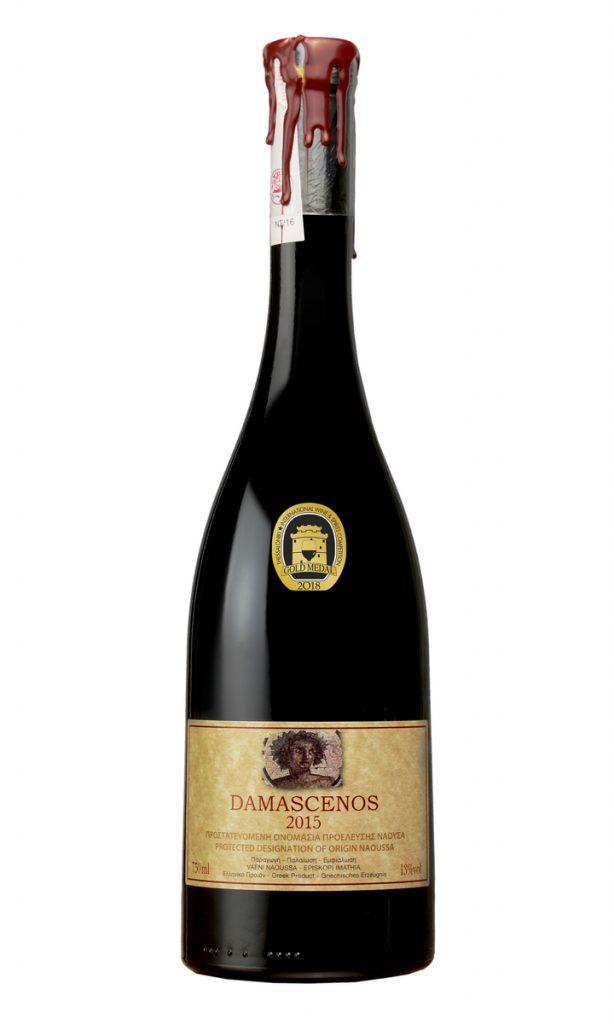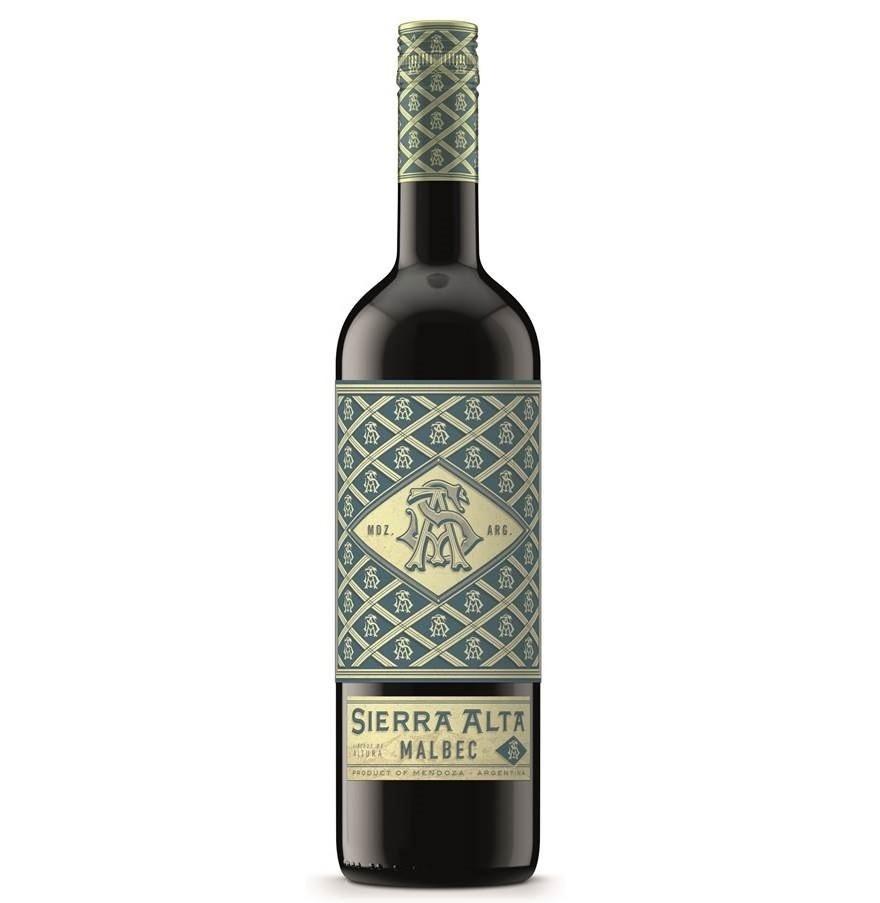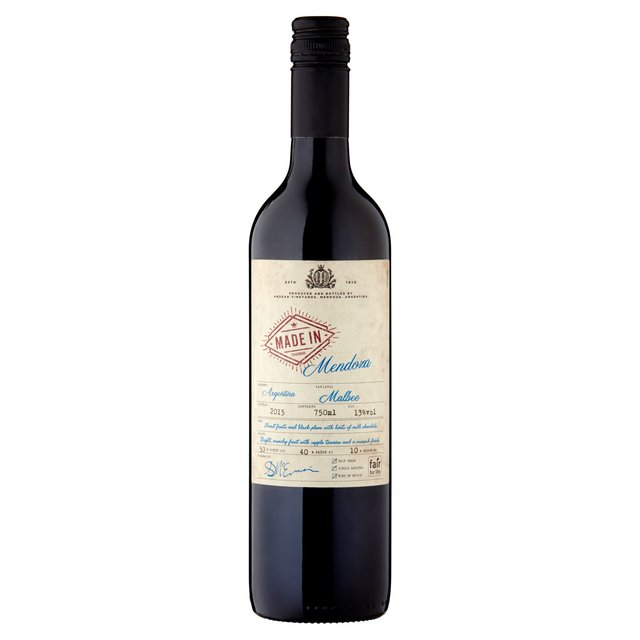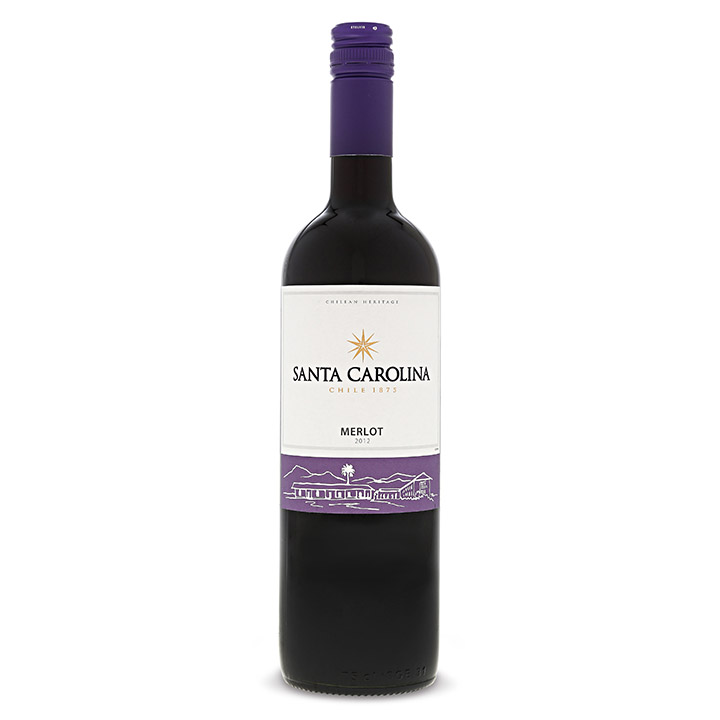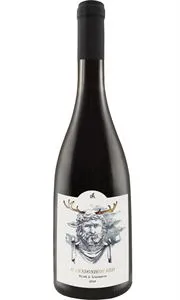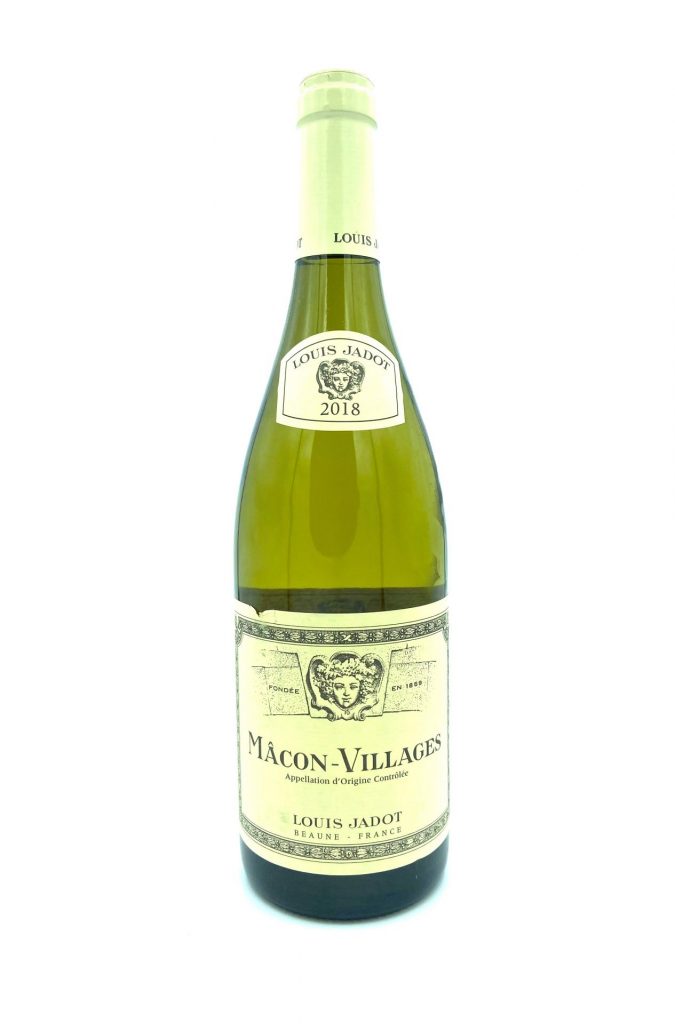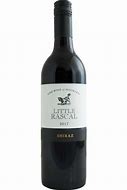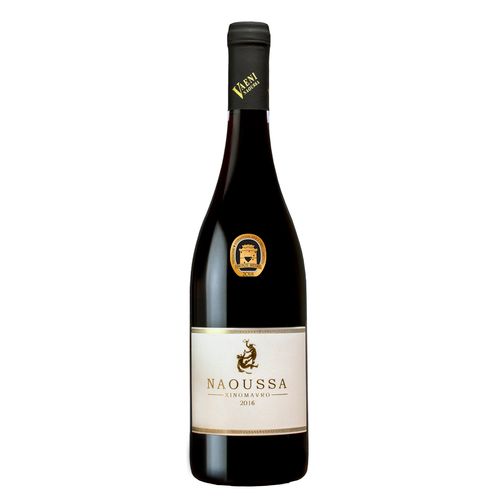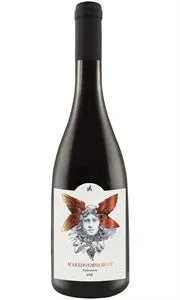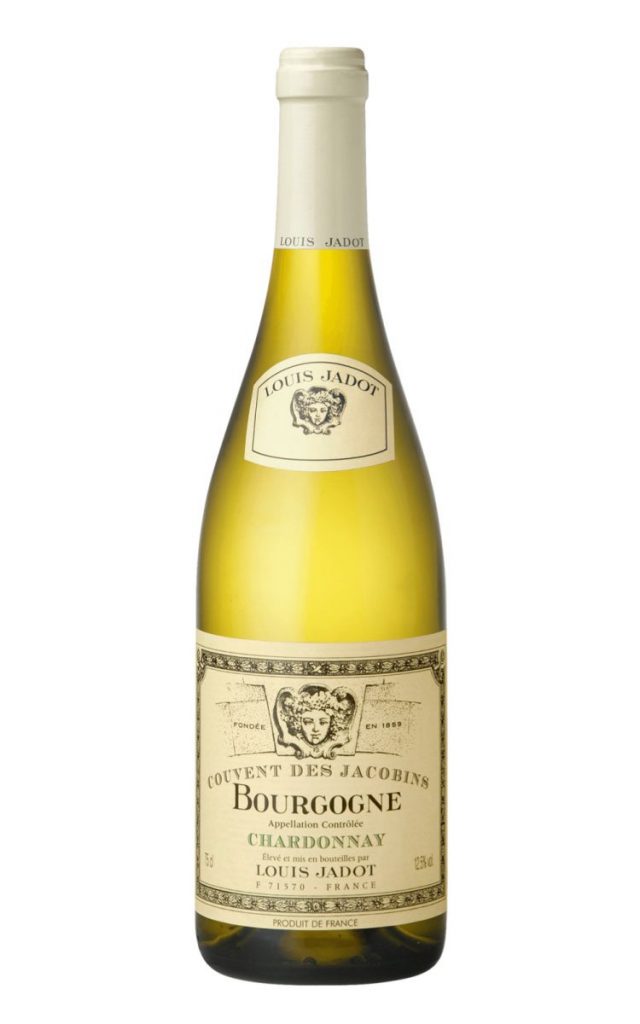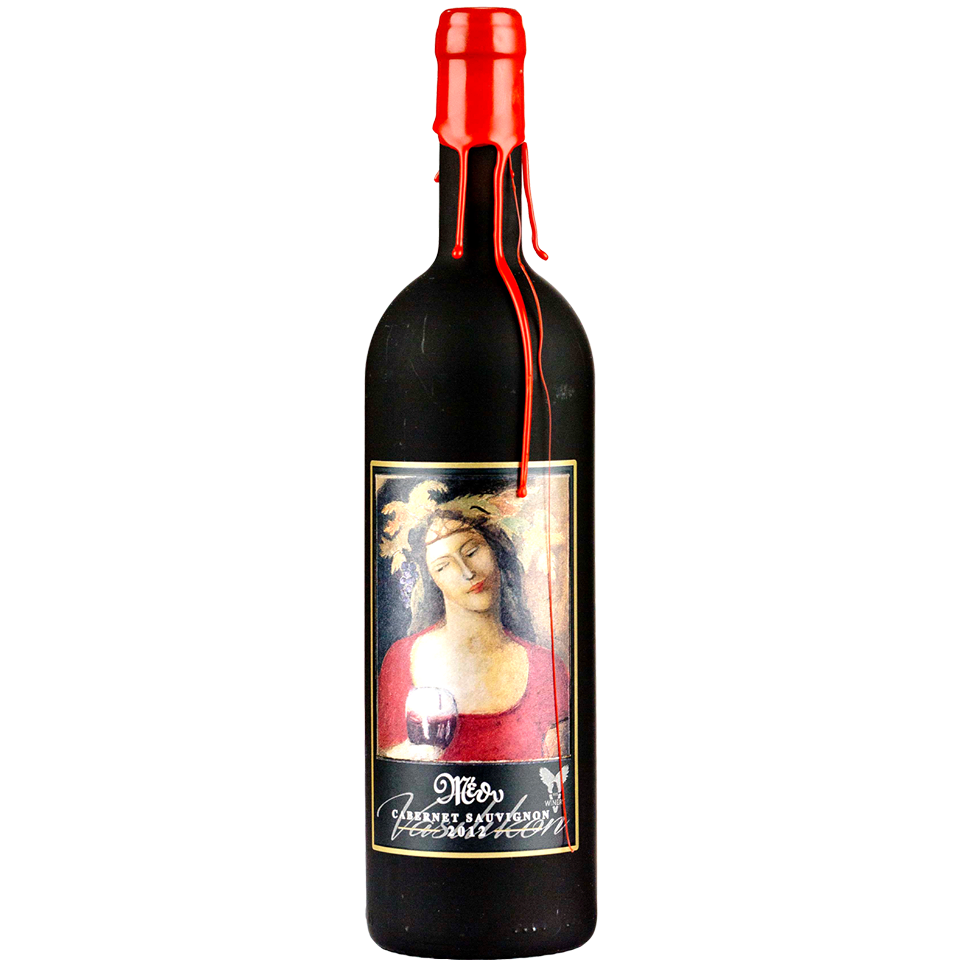A unique wine which is toasty and smoky on the nose with mineral dusting and brooding intensity. The palate is dry with a very funky wild ferment layering of complexity with oak wreathed into the mix with sensitivity. The finish is dry, with lasting salty and tangy flavours.
Gaia Wines Santorini Wild Ferment Assyrtiko is a unique wine which is toasty and smoky on the nose with mineral dusting and brooding intensity. The palate is dry with a very funky wild ferment layering of complexity with oak wreathed into the mix with sensitivity. The finish is dry, with lasting salty and tangy flavours.
One of the pioneers of the modern Greek wine revolution Gaia Estate wasestablished in 1994 by Greek winemakers Leon Karatsalos and Yiannis Paraskevopoulos. Operating two different wineries they make cutting edge wines in both Nemea and Santorini. Gaia’s main aim is to present the potential of the indigenous Greek grape varieties to wine enthusiasts worldwide.
The vineyard is located in Santorini. The terroir is recognised worldwide for its tremendous historical roots as the vineyards in this area date back 3,000 years. The low yielding vines are self rooted and are grown in soils which are poor in organic matter. The high sand content has ensured they have never been affected by phylloxera. The soils are also volcanic: porous with a high mineral content, which imparts a mineral quality to the resulting wine. The long sunshine hours, lack of rainfall, sea mists and strong summer winds all contribute to the unique microclimate. The surrounding Aegean Sea acts as a “climatic buffer” which softens
the climate, so the extreme conditions and vintage variations are reduced. The vines are trained on traditional basket shaped systems called “kouloura”.
The handpicked grapes were destemmed, crushed and cold soaked for 12 hours with skin contact at 10°C. The free run juice was then fermented naturally, using only natural yeasts. 50% of the must was fermented in stainless steel tanks, 35% in new oak casks (18% French and 17% American oak) and 15% in acacia casks. The temperature was allowed to rise naturally without any further intervention.

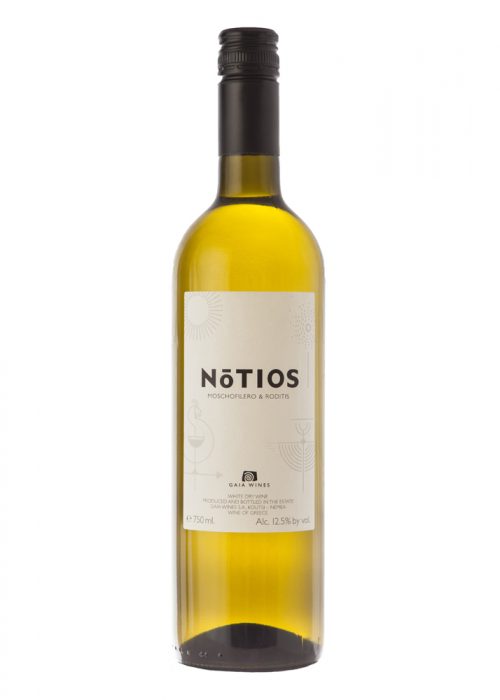
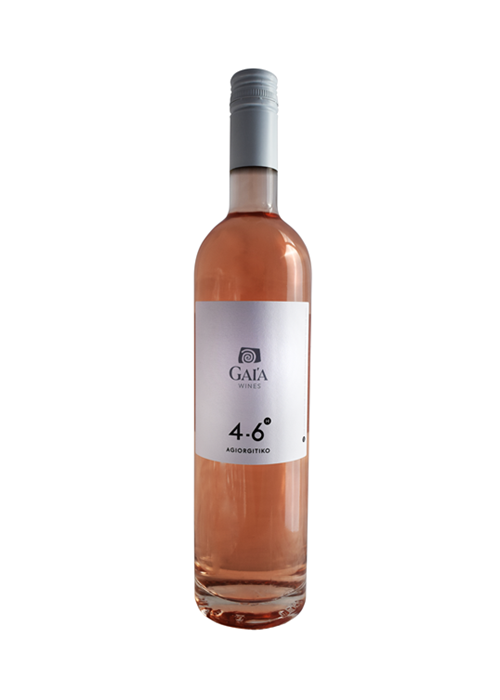
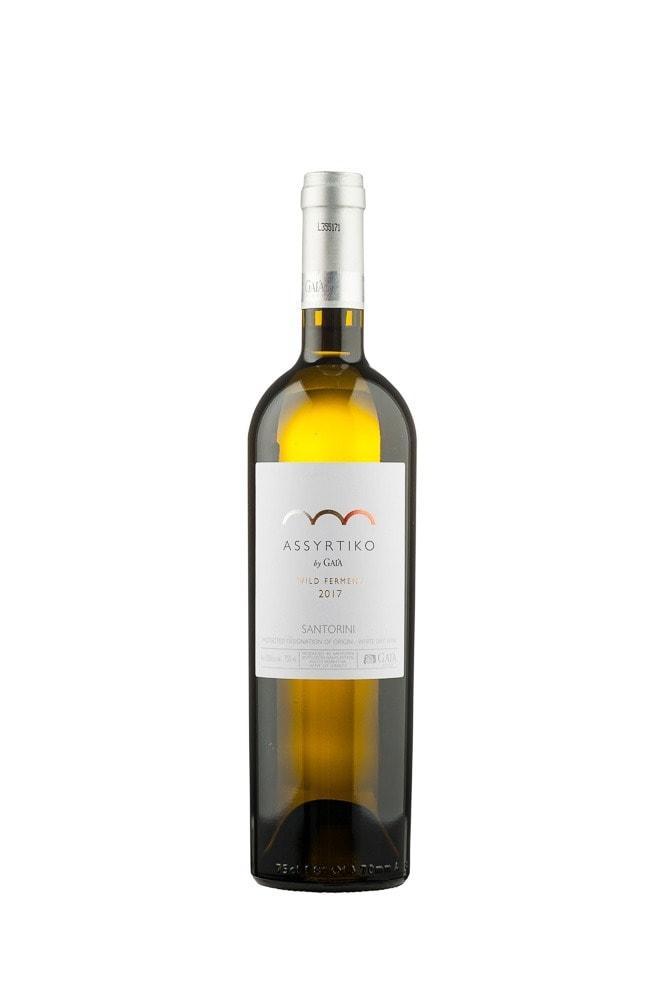
 This is an age restricted product for persons aged 18 and over.
This is an age restricted product for persons aged 18 and over.